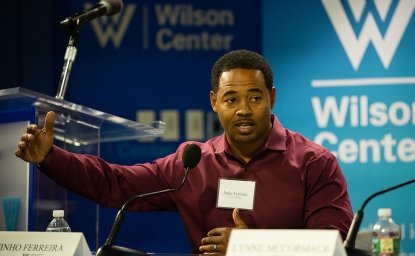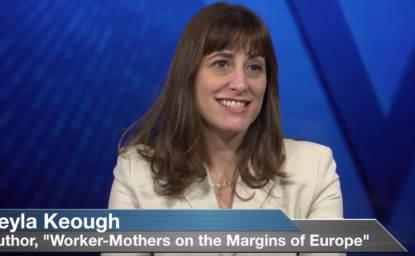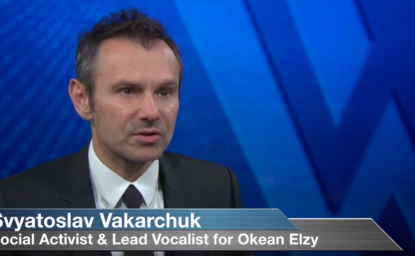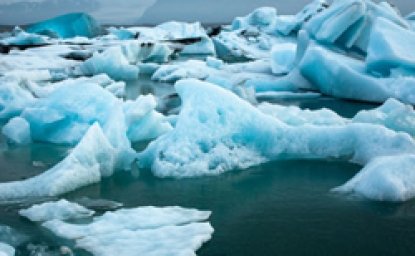The Arctic is a nearly pristine environment containing vast resources that are attracting a growing number of non-Arctic nations. And questions about the changing nature of the region present challenges to our understanding of how to best approach a fragile ecosystem. Are the questions and challenges surrounding the Arctic regional or global in nature. Willy Østreng shares his thoughts during the final installment of our series, “Who Owns The Arctic?”
Willy Østreng, is Senior Researcher and Chairman of the Research Institute Ocean Futures in Oslo and affiliated faculty at the University of Alaska Fairbanks. He was scientific director/professor at the Centre for Advanced Study at the Norwegian Academy of Sciences and Letters from 2003-2009. He was special advisor to the Royal Norwegian Ministry of Foreign Affairs from 1998-99, and is a member of numerous scientific boards, national and international. He is an elected member of the Royal Norwegian Society of Sciences and letters, and of the International Academy of Regional Development and Cooperation in Russia. Presently, he is Vice-President of the Norwegian Academy of Polar Research. He has published more than 250 scientific works, among them 25 books, on polar affairs and international security, ocean resource management, polar and ocean policy and on the preconditions of interdisciplinary research.










